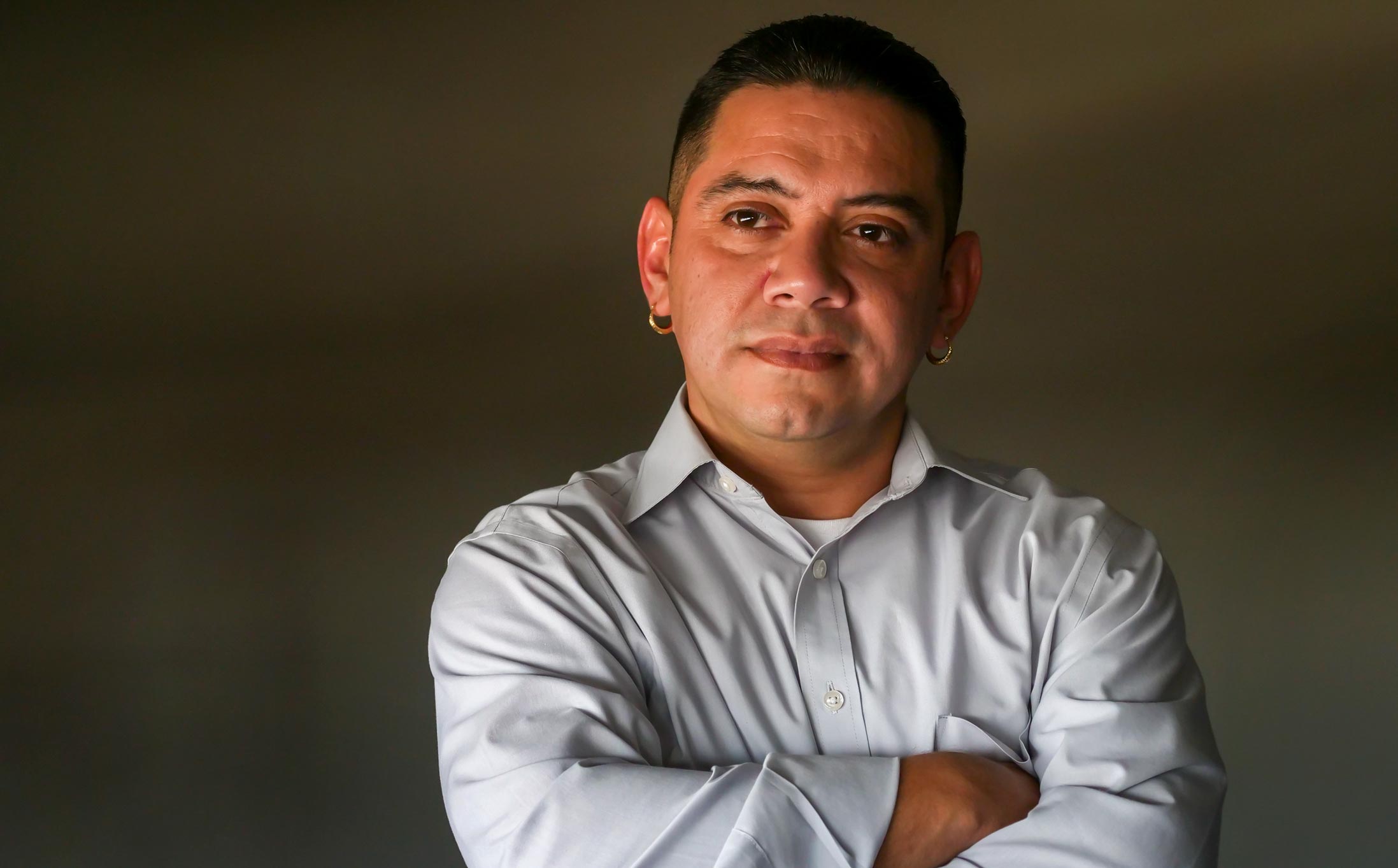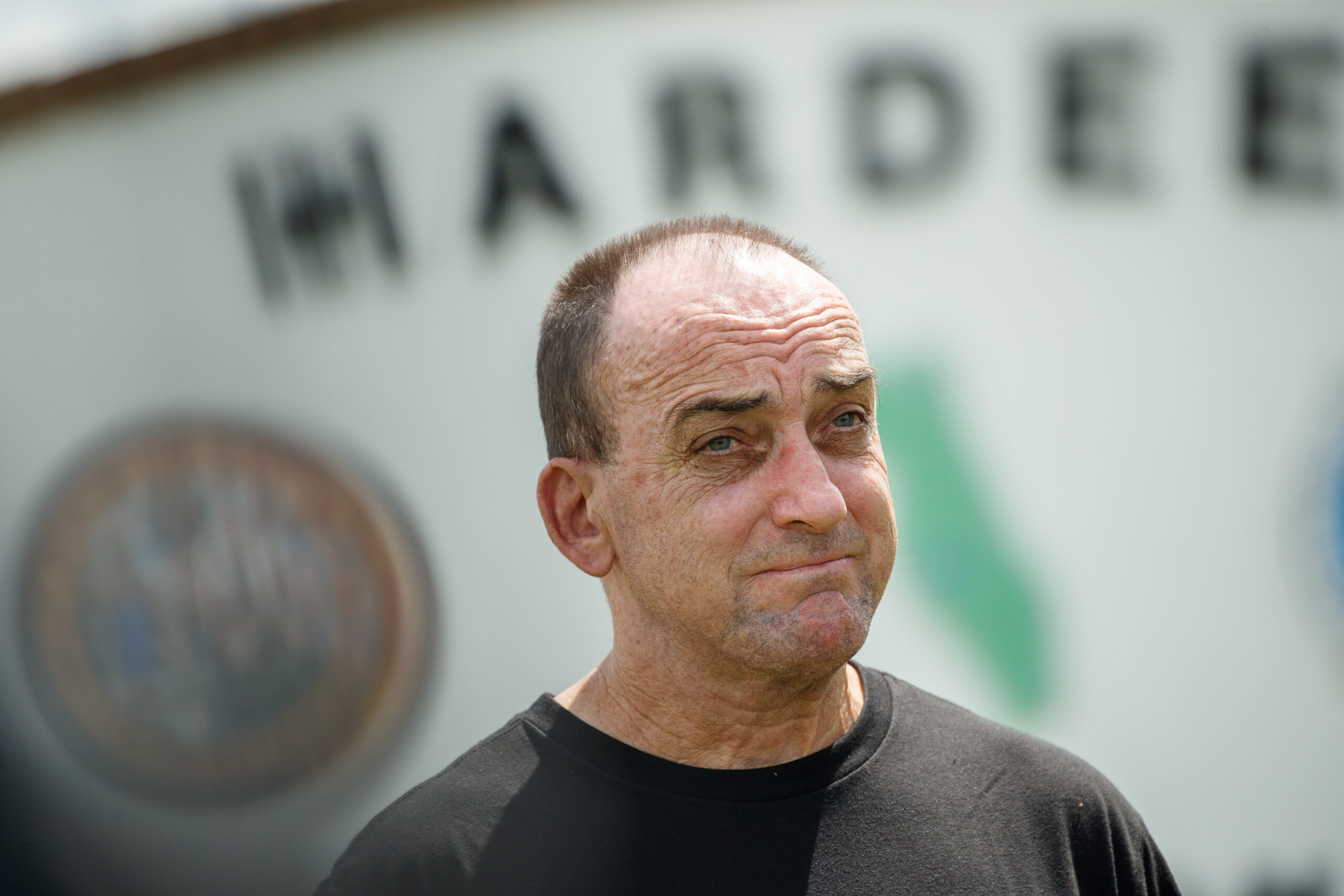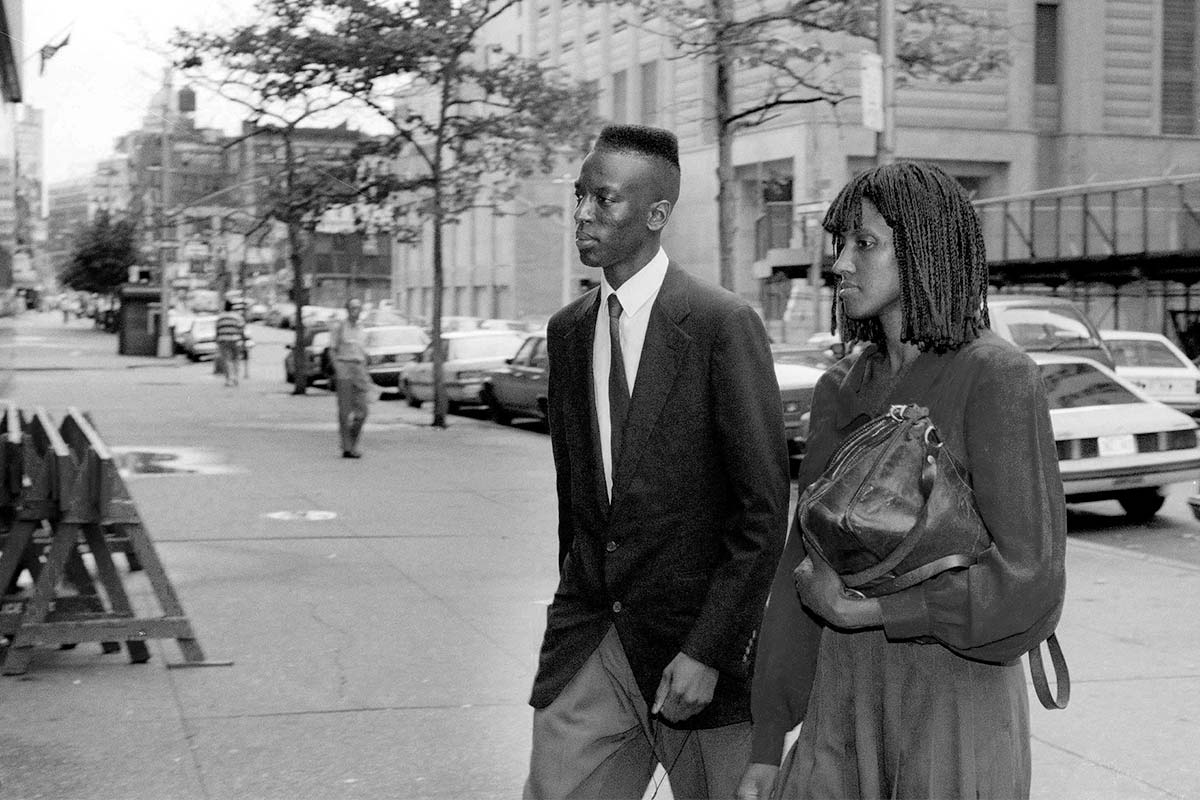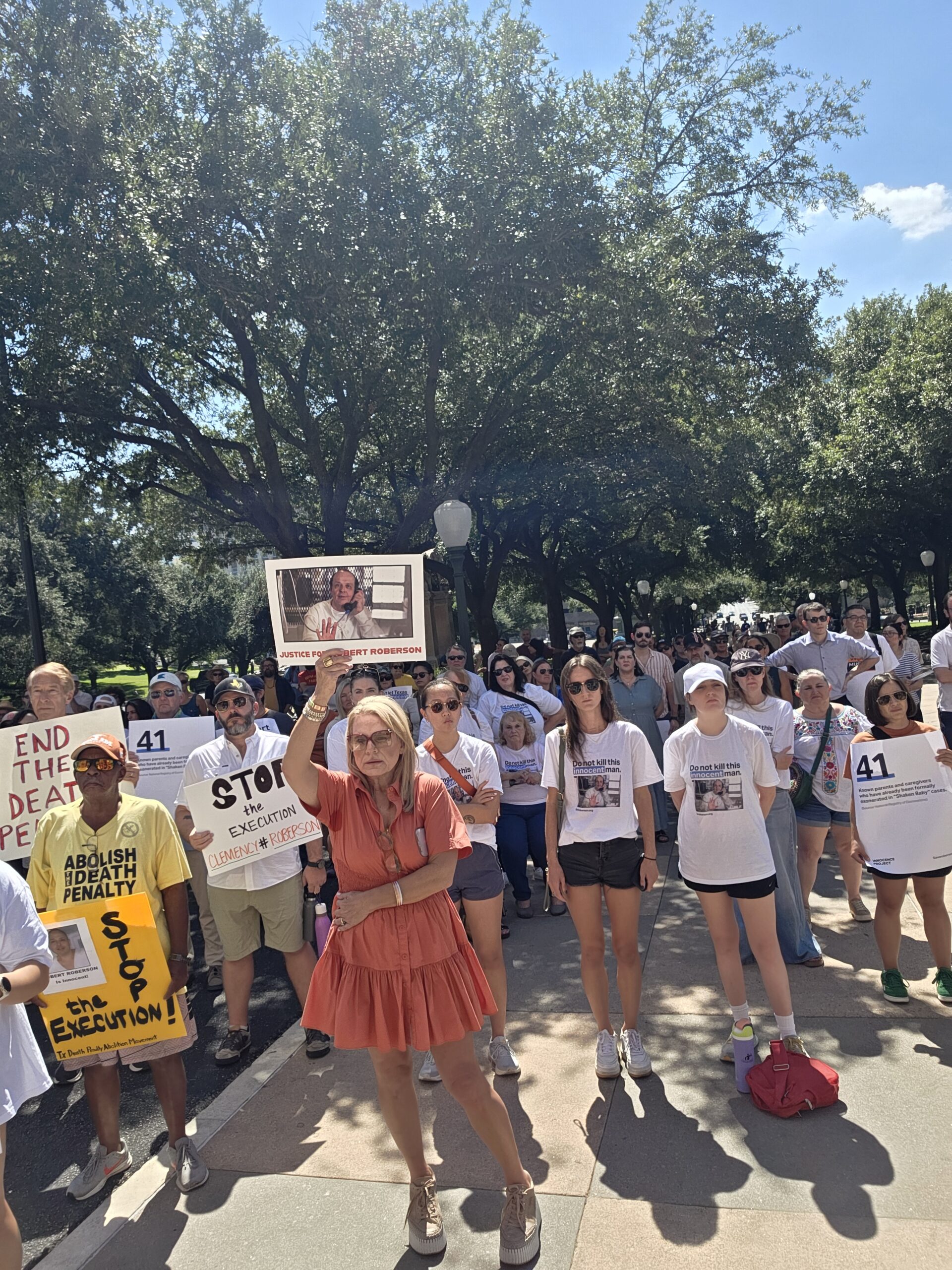Florida’s Restrictive Compensation Law Fails the Innocent People for Whom It Was Intended
Only five exonerees have received compensation under the statute since it became law 16 years ago.
08.27.24 By Katherine Jeng
Four years ago today, Robert DuBoise walked out of prison after serving nearly four decades for a rape and murder he did not commit. In 1985, at only 18, Mr. DuBoise was convicted and sentenced to death based on unreliable bite mark evidence and the testimony of an incentivized informant despite there being no other physical evidence linking him to the crime. It would take until 2020 to prove Mr. DuBoise’s innocence through DNA testing on the survivor’s rape kit, which was thought to have been destroyed.
Though Mr. DuBoise’s exoneration marked the end of a decades-long nightmare, in the 37 years that he spent wrongfully imprisoned, the world had moved on without him. He faced significant challenges readjusting to life outside of prison during a global pandemic and without any financial support from the state.
For exonerees like Mr. DuBoise, nothing can undo the trauma endured and time spent behind bars, but financial compensation is one way states can acknowledge the harm caused by a wrongful conviction and support exonerees as they rebuild their lives post-release.
Florida’s Restrictive Compensation Statute
Florida was one of the first states to create a wrongful conviction compensation framework, passing the Victims of Wrongful Incarceration Compensation Act in 2008. The act allows eligible exonerees to receive $50,000 for each year they were wrongfully incarcerated. But 16 years later, it has barely delivered on that promise as a result of its restrictive eligibility requirements. Only five exonerees have received compensation under the statute since it became law nearly two decades ago.
Mr. DuBoise saw firsthand how restrictive Florida’s law was. While seeking compensation, he learned he was ineligible for the $1.85 million award due to Florida’s so-called “clean hands” provision — the only rule of its kind in the United States that prohibits people who have prior unrelated felonies from filing a compensation claim. Mr. DuBoise, who was sentenced to probation when he was 17, was ineligible to apply.
“When an innocent Floridian has their freedom taken from them because of a wrongful conviction, they should receive compensation for the years they were unjustly imprisoned, no matter their prior history,” said Winnie Ye, state policy advocate at the Innocence Project. “Florida’s restrictive statute unfairly denies innocent people the compensation they deserve and fails to take into account how having a prior conviction can increase the risk of someone being wrongfully convicted in the first place.”
Mr. DuBoise ultimately filed a civil lawsuit against the City of Tampa, four police officers for allegedly engaging in official misconduct, and the forensic odontologist who provided unsupported testimony in his case. After three years of litigation, the Tampa City Council unanimously decided to settle the case, approving a $14 million award for Mr. DuBoise. He is among 19 exonerees who have been forced to forgo Florida’s compensation law due to its restrictive eligibility rules and received compensation through civil lawsuits.
“I didn’t understand why I had to fight so hard to get something they should’ve had to give,” Mr. DuBoise said.
Some exonerees like Mr. Duboise who are ineligible because state compensation laws are so limited turn to civil lawsuits as an alternative framework to seeking justice. However, this path is not available to every exoneree which makes the need for a state universal framework for compensation that more essential.

“How am I supposed to survive? I wasn't given compensation. Freedom is not free. Being free is expensive.”
“How am I supposed to survive? I wasn't given compensation. Freedom is not free. Being free is expensive.”
Clemente Aguirre
(Image: Lacy Atkins/Innocence Project)
Arbitrary Compensation Filing Deadline
One exoneree still waiting for compensation is Clemente Aguirre-Jarquin, who was exonerated in 2018 for a murder he didn’t commit. Mr. Aguirre-Jarquin, who spent 14 years in prison — including a decade on death row — was released without any re-entry support from the state.
“When you get out of there, they just throw you out, expecting your family to take care of you. They don’t realize, or they don’t want to admit, that people die out here, people get sick, people move away,” Mr. Aguirre-Jarquin said.
In his first few years post-release, Mr. Aguirre-Jarquin did not have health insurance or other funds to pay for the treatment of dental problems and health issues he developed while wrongfully incarcerated. In the absence of support from the state, nonprofit organizations like the Innocence Project stepped up to help Mr. Aguirre-Jarquin reintegrate back into his community. Yet, private support is not a substitute for government accountability.
“How am I supposed to survive? I wasn’t given compensation,” Mr. Aguirre-Jarquin said. “Freedom is not free. Being free is expensive.”
When the court vacated Mr. Aguirre-Jarquin’s convictions and death sentence in October 2016, he could not immediately file for compensation because the court had also ordered a retrial. He was not fully exonerated until November 2018, when the prosecution abruptly dismissed the charges against him. However, when Mr. Aguirre-Jarquin and his attorneys filed a claim for compensation soon after, the judge dismissed it, ruling the claim was filed too late according to Florida’s wrongful conviction statute.
The law states that individuals must file compensation claims within 90 days after the court vacates their conviction and their sentence becomes final. But the arbitrary deadline fails to take into account that a prosecutor may decide to file new charges and seek a retrial.
Innocent individuals, like Mr. Aguirre-Jarquin, regularly face delays exceeding 90 days simply waiting for the prosecutor’s decision, and even longer if a retrial is pursued. In addition, they are focused on addressing a number of immediate challenges – like securing housing, health care, and employment – after years and sometimes decades of incarceration. Upon release, exonerees may be unaware of the state’s strict filing deadline and are caught between meeting their basic needs and finding and retaining an attorney to file a claim within the tight deadline.
“It’s an injustice that innocent Floridians are denied the compensation they deserve because of an arbitrary filing deadline,” said Seth Miller, Executive Director of the Innocence Project of Florida. “It’s past time we update Florida’s law to align with how exonerations and our court systems work and give exonerees the support they need to rebuild their lives.”
Mr. Aguirre-Jarquin is still involved in ongoing litigation for compensation.
It’s Time to Correct This Injustice
In Florida, 88 people have been exonerated since 1989, according to the National Registry of Exonerations. Yet, 94% of exonerees have not received compensation under Florida’s strict compensation law. For over a decade, advocates and policymakers have tried to address the restrictions in the law by consistently introducing legislation to update the statute. However, earlier this year, the legislature once again failed to pass a bill that would have made 20 exonerees, who had spent a combined 236 years incarcerated for crimes they didn’t commit, eligible to apply for compensation.
“No one can give you back your time.” Mr. Aguirre-Jarquin said. “So help us out. It’s the minimum that you can do after you ruined our lives. Give us a push. Don’t be so complicated about it.”
Nonetheless, exonerees have renewed hope that Florida’s upcoming 2025 legislative session will be the year that policymakers can fix the state’s compensation statute.
“We have to continue to move forward.” Mr. DuBoise said. “They need to support this bill so that we don’t have to fight so hard.”
Tell Florida’s lawmakers to continue fighting for fair exoneree compensation here.
Leave a Reply
Thank you for visiting us. You can learn more about how we consider cases here. Please avoid sharing any personal information in the comments below and join us in making this a hate-speech free and safe space for everyone.
February 4, 2025 at 7:49 am




I am one the people whose life has been impacted by wrongful conviction, work my tail off everyday and just keeping my nose above the waters of financial responsibilities. Would be so nice for the 2025 Legislature to give me and others in my shoes a fighting chance and rule as they themselves were in our situation.